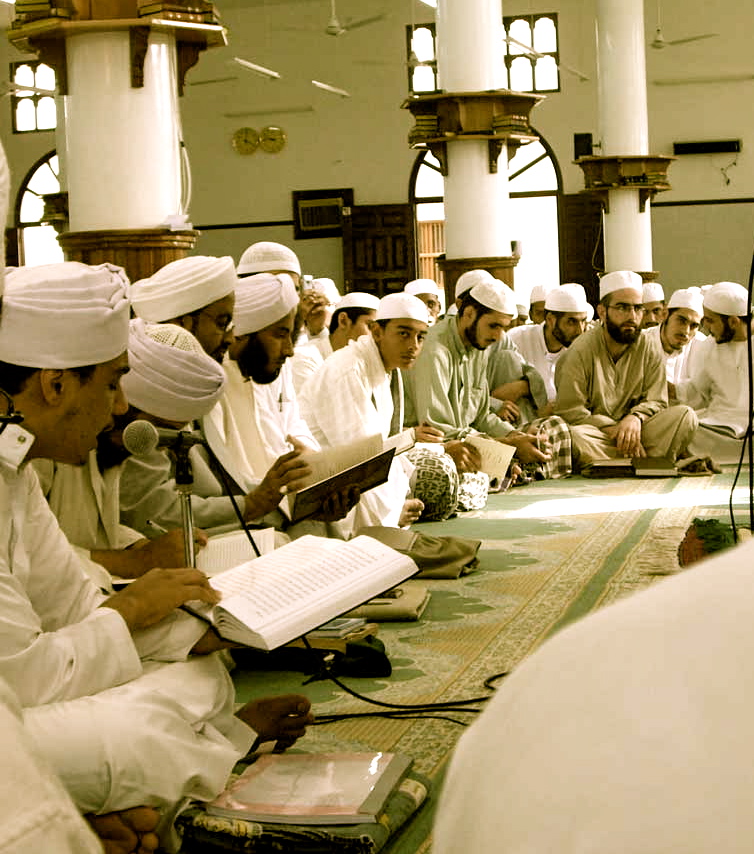Answered by Sayyidi Habib Umar bin Hafiz (may Allah protect him and benefit us by him)
What should our perspective be on academic studies?
Academic studies should be seen merely as a means of attaining knowledge. We recognise that this is the system in place and that it encompasses various philosophies. There is no harm in using it as a means to attain knowledge as long as we do not contravene the Sacred Law in doing so. It is important to emphasise that academic studies do not take the place of Islamic studies. Thus anyone who enters into academic studies must also devote some time to studying the Sacred Law at the hands of those who are worthy of teaching it and possess sound chains of connection in the Islamic sciences.










